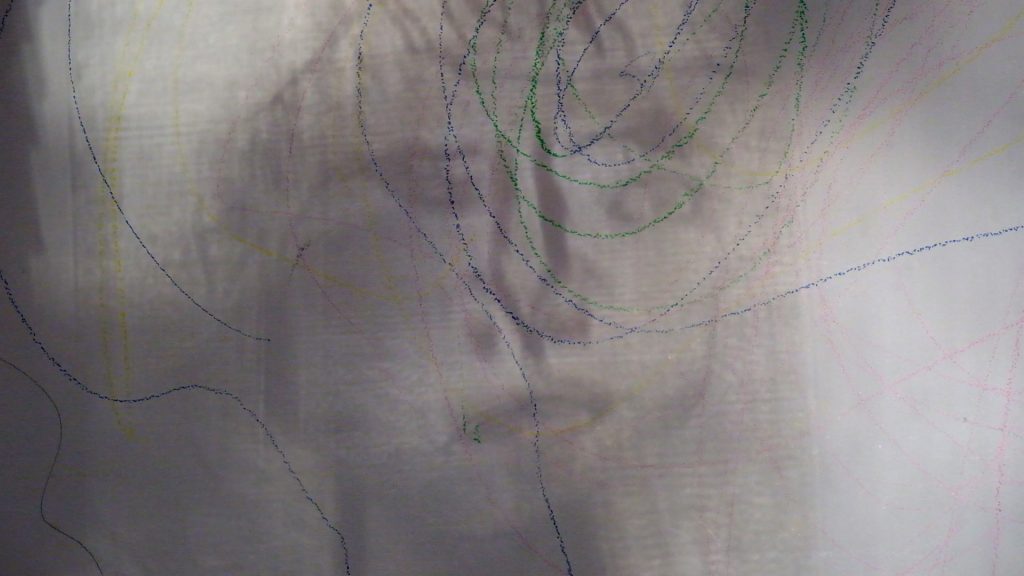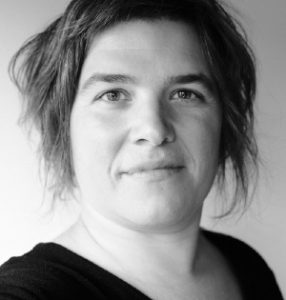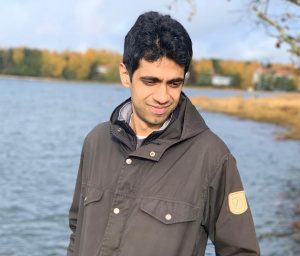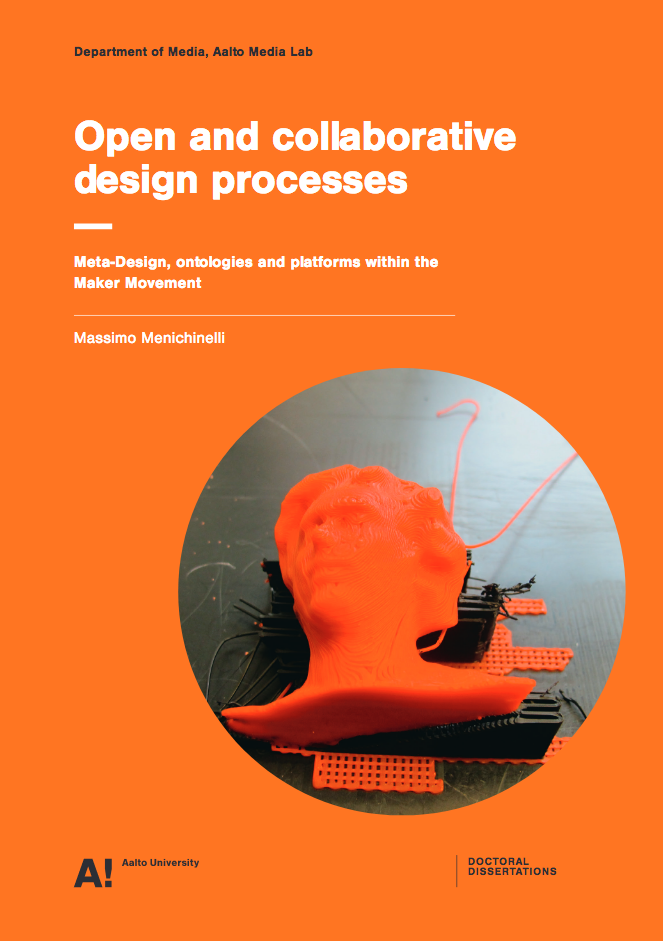WELCOME TO THE SECOND NEW MEDIA DOCTORAL SEMINAR (DOM-L0007) of 2021!
The seminar will be held virtually on Zoom on Thursday, 25 February, from 16:30 to 19:30 (GMT+02:00, Helsinki, EEST).
Mediated by Professor Lily Díaz-Kommonen we will have two very fascinating presentations. A Q&A discussion will take place after the presentations. The presentations are open for everyone!

VRtualising Exhibitions: In Search of Novel Engagement Approaches In Experimental Museology. © Cvijeta Miljak
‘VRtualizing Exhibitions: In Search of Novel Engagement Approaches In Experimental Museology’
by Cvijeta Miljak
ABSTRACT
The research is carried out in the framework of a pan-European interdisciplinary project that brings together Aalto University School of Arts, Design and Architecture and ZKM – Center for Art and Media Karlsruhe (Germany), the Centre Pompidou, Paris (France), the Ludwig Muzeum, Budapest (Hungary), Tallin Art Hall (Estonia) and Tirana Art Lab (Albania), the institutions encompassing fields of cultural heritage, digital art conservation, digitalising heritage, new media art and experimental museology.In broadest terms, this artistic practice-based research in the emerging field of virtual museology is concerned with developing novel engagement approaches with the aim to encourage co-creative participatory practices for community involvement and social inclusion. The research will take a particular interest in documenting and studying museum audiences’ responses to digital cultural heritage and to virtual exhibitions. The research will support further development and implementation of Performance-oriented Design Methods for Audience Studies and Exhibition Evaluation (PORE), a methodology coined by Lily Díaz-Kommonen.
Miljak’s interest focuses on exploring emerging narratives, visual language and implications of digital tools in relation to immersive media, through developing methods for nonintrusive participatory evaluation practices to re-examine and expand forms of storytelling in digital media.
BIO
Cvijeta Miljak is a doctoral candidate working as a researcher with Prof. Lily Díaz -Kommonen on the Creative Europe co-funded project Beyond Matter – Cultural Heritage on the Verge of Virtual Reality (2019-2023).
For a more detailed bio, please check:
‘Gamification In Mixed-Reality for Digital Cultural Heritage’
by Gautam Vishwanath



